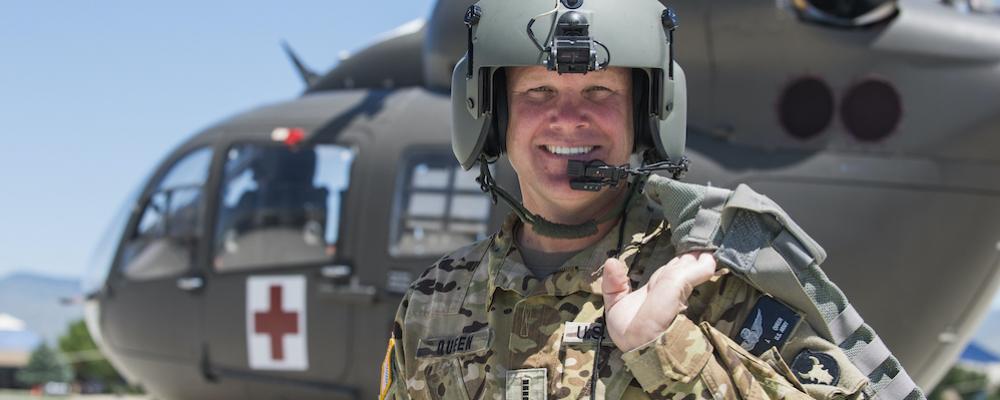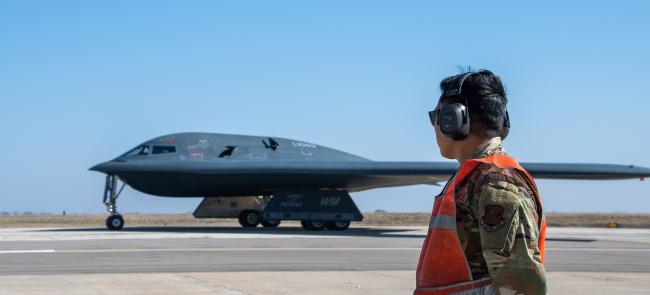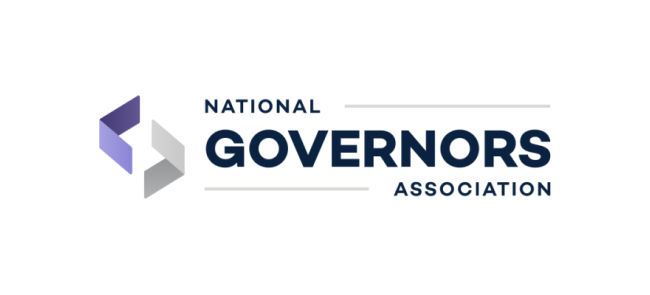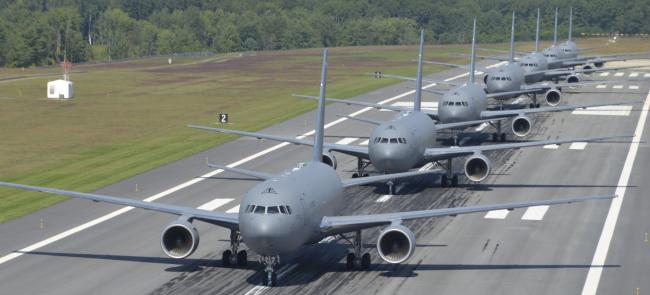
National Guardsmen who receive incentive and special-duty pay will soon be compensated at the same rate as their active-component counterparts as part of language in the compromise fiscal 2022 National Defense Authorization Act the House passed last week.
The Senate plans to pass the NDAA this week and send it to the president, who is expected to sign it.
Incentive and special-duty pay parity was a NGAUS legislative priority this year; the association legislative staff helped write the language that is in the NDAA. Guardsmen have long been expected to meet the same standards as their active-component counterparts but receive only fractional amounts of incentive and special-duty pay.
The change will put thousands of additional dollars in the pockets of flight crews and many other Guard soldiers and airmen, but it won’t happen immediately. A late addition to the provision gives the services until Sept. 30, 2022, to develop implementation language.
As usual, the annual defense-policy bill includes hundreds of provisions, but some of the biggest news for the Guard is what fell out of separate House and Senate versions in final negotiations.
The Senate version would’ve renamed the Air National Guard the Air and Space National Guard. That is not in the final version. Nor is Senate language that would’ve halted fielding of the F-35 fighter to the Air Guard until a 4:1 active/Guard fielding ratio was reached.
Meanwhile, the House provision that would’ve created a Space Guard is also not in the final version. Instead, the NDAA calls for a study of the cost of shifting current Guard space assets — about 1,500 personnel across seven states and Guam — to a separate Space Guard.
NGAUS believes the study will put to rest a 2020 Congressional Budget Office report that estimated the cost of a Space Guard would be as much $500 million a year. The CBO assumed a Space Guard of up to 5,800 personnel.
The National Guard Bureau has long said the establishment of a Space Guard would be cost neutral after a one-time expense at its creation.
In the interim, Guard space units have no direct connection to the Space Force.
Final NDAA negotiations also cut House language that would’ve given the mayor of the District of Columbia authority over the D.C. National Guard. The president will retain control over the force.
The NDAA will allow the Air Force to move forward on its plan to divest the Air Guard’s 13 RC-26B aircraft by April 2023.
But it dinged the service for not detailing to lawmakers how it would carry out the retirements and how units would be affected, and said it wants to hear more by March.
The House’s original version of the NDAA would’ve again blocked retirement of intelligence, surveillance and reconnaissance aircraft.
NGAUS will analyze the full NDAA once it’s signed into law. The report will be posted at NGAUS.org when complete.
ACTION: Immediately contact your Congressional Delegation and ask them to support S.1859/H.R.3626 the National Guard and Reserve Incentive Pay Parity Act











